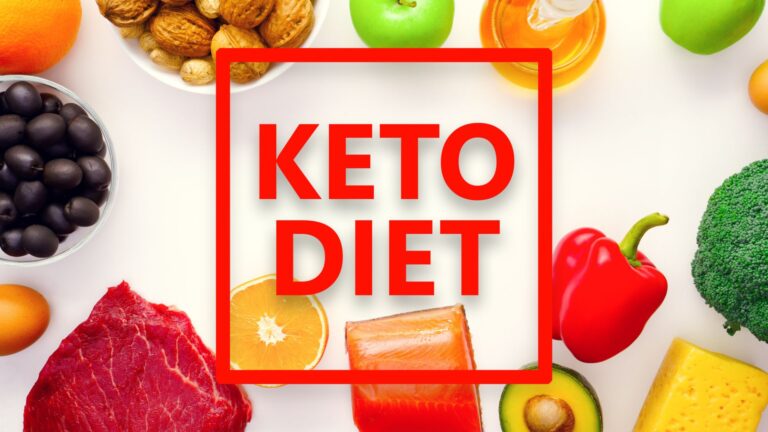Are There Any Risks to Going Keto? 8 You Should Know About
There has been a lot of buzz around the keto diet in recent years. This low-carb, high-fat diet has gained popularity for its ability to help people lose weight and improve their overall health. However, as with any diet or lifestyle change, there are potential risks that need to be considered before jumping on the keto bandwagon.
In this article, we will discuss eight potential risks of following the keto diet. It is important to note that these risks may not apply to everyone, and consulting with a healthcare professional before starting any new diet is always recommended.
Introduction
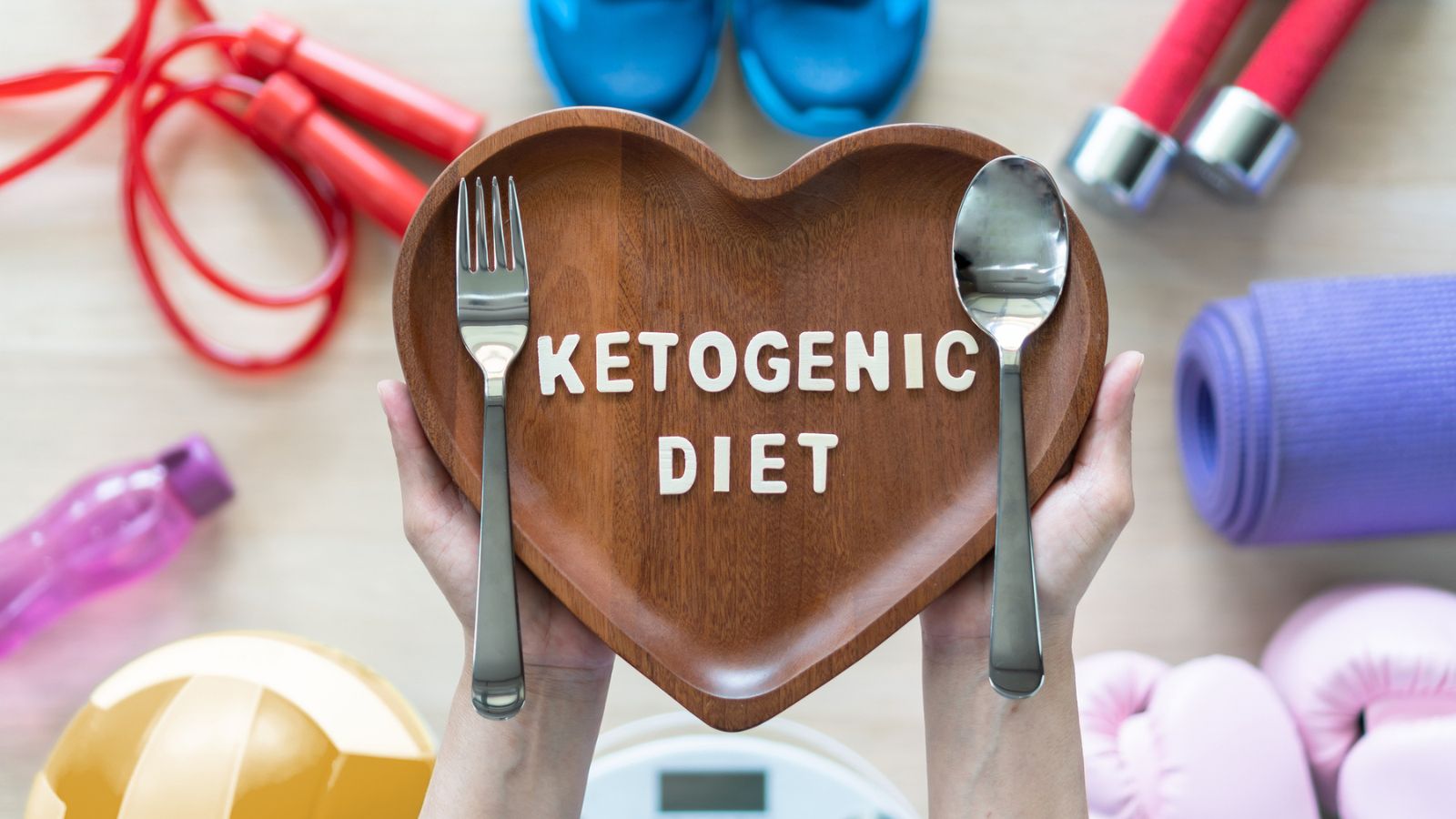 Pin
PinBefore diving into the potential risks of going keto, it’s important to understand what exactly the keto diet entails. The premise of the keto diet is to switch the body’s primary energy source from carbohydrates to fat. This process, known as ketosis, is achieved when the body breaks down fats into molecules called ketones, which are then used as fuel.
To achieve this state, individuals following the keto diet must consume a high amount of healthy fats (around 70-80% of their daily calories), moderate amounts of protein (around 20-25%), and very limited carbohydrates (usually less than 50 grams per day).
While this may sound simple, certain risks are associated with drastically changing your macronutrient ratios and limiting your carbohydrate intake. Now, let’s explore these potential risks in more detail.
Nutrient Deficiencies
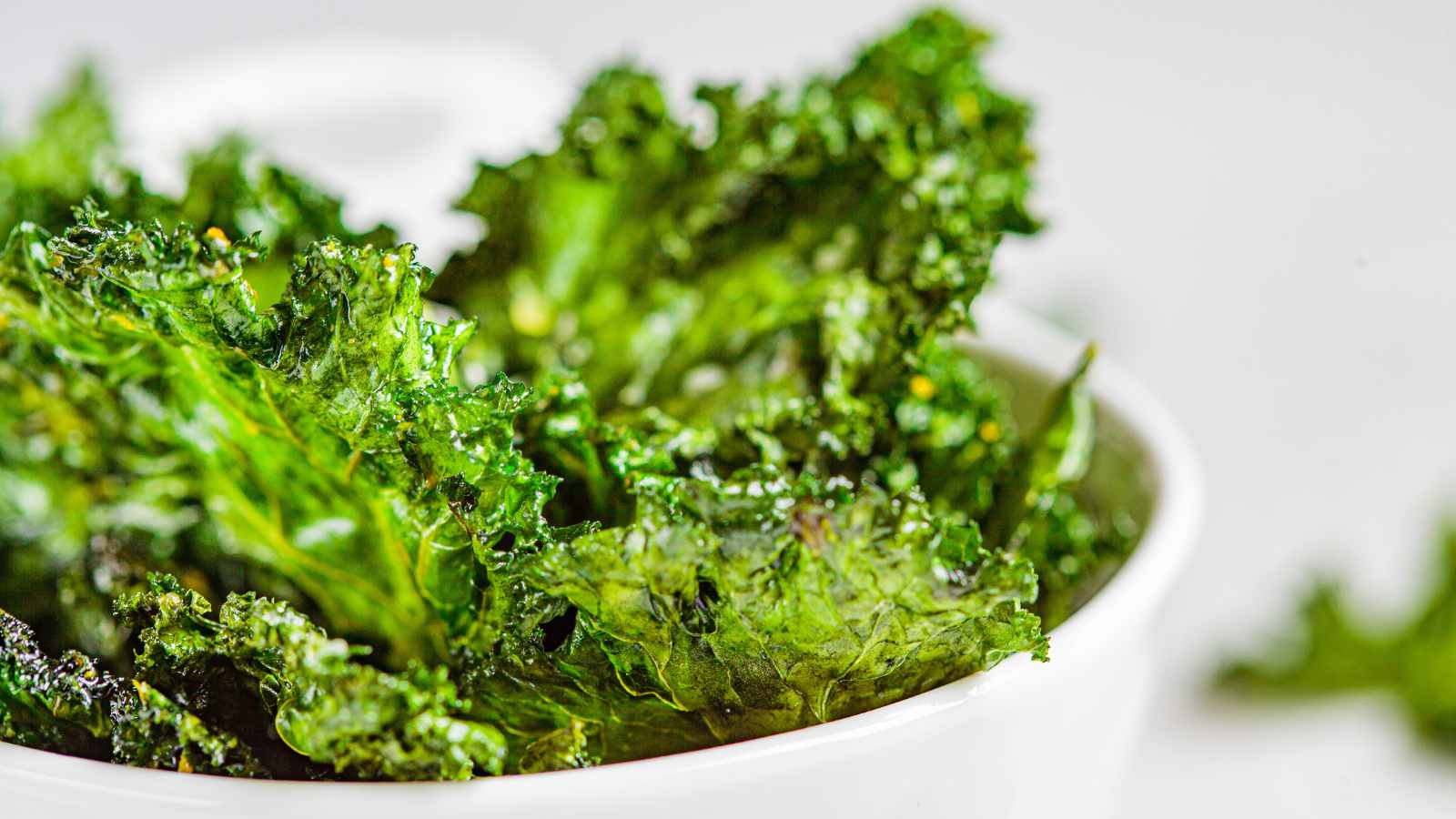 Pin
PinBy severely limiting carbohydrates, individuals on the keto diet may not be consuming enough essential vitamins and minerals that are typically found in carbohydrate-rich foods. These include but are not limited to fiber, B vitamins, magnesium, and potassium.
To avoid nutrient deficiencies, it is important for those following the keto diet to prioritize nutrient-dense foods such as leafy greens, avocados, nuts and seeds, and high-quality animal proteins. Additionally, taking supplements may also help fill any nutritional gaps.
Keto Flu
 Pin
PinAs the body adapts to using fat as its primary energy source instead of glucose from carbohydrates, some people may experience flu-like symptoms known as “keto flu.” These can include headaches, fatigue, brain fog, and nausea.
To alleviate these symptoms, it is recommended to gradually decrease carbohydrate intake instead of drastically cutting it out. Adequate hydration and electrolyte intake can also help ease keto flu symptoms.
Potential Kidney Damage
 Pin
PinFollowing the keto diet may put additional stress on the kidneys, as they are responsible for filtering ketones from the blood. This added workload could potentially lead to kidney damage or even kidney stones in some individuals.
To minimize this risk, it is important to stay hydrated and limit high-protein foods that may increase strain on the kidneys. Consulting with a healthcare professional before starting the keto diet is also recommended.
Disrupting Gut Health
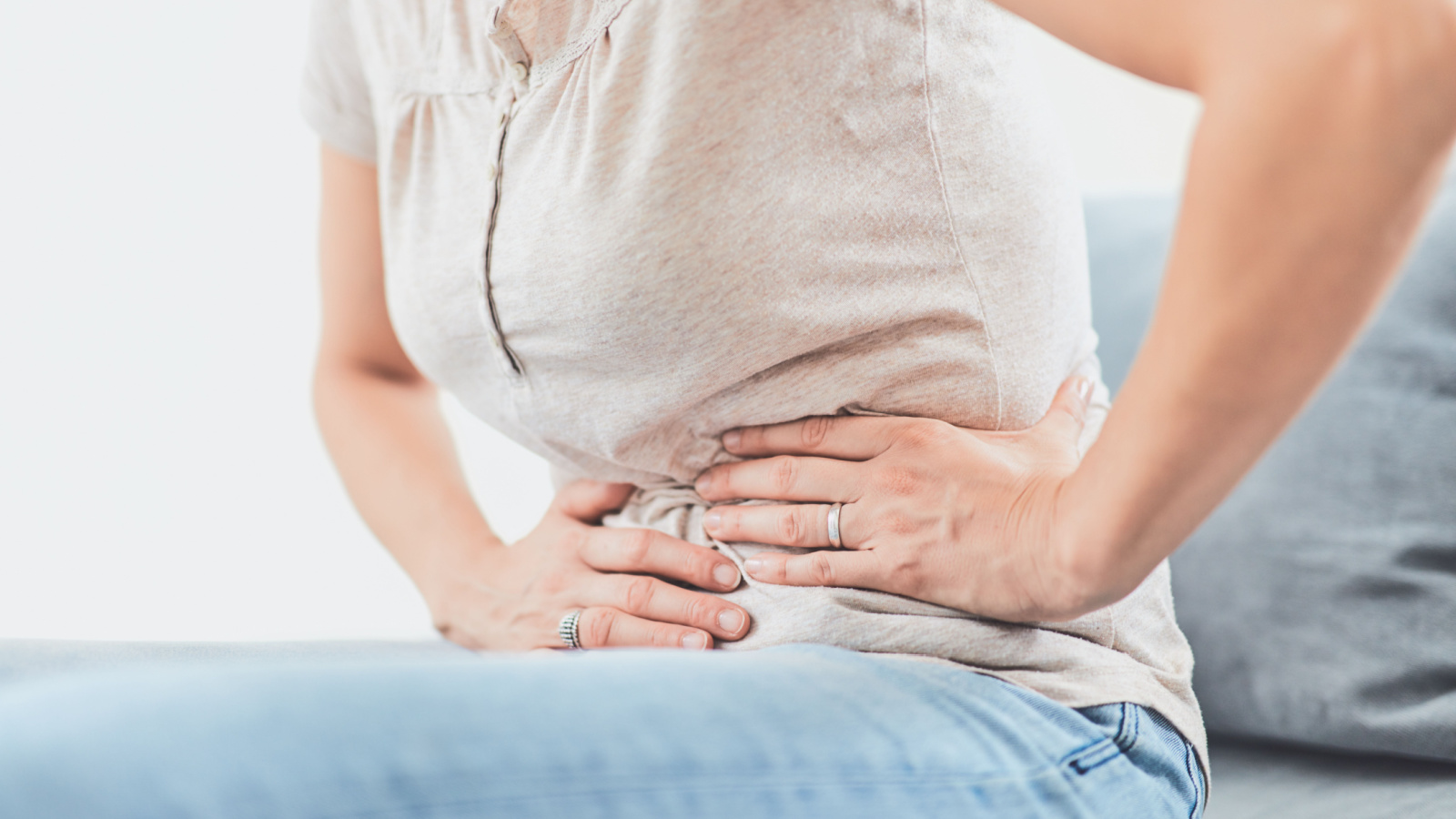 Pin
PinCarbohydrates are essential for feeding beneficial gut bacteria and promoting a healthy digestive system. With the limited carbohydrate intake on the keto diet, there is a risk of disrupting this balance and potentially causing constipation, diarrhea, or other gastrointestinal issues.
To maintain good gut health while following the keto diet, incorporating sources of fiber such as leafy greens, low-carb vegetables, and chia seeds is important. Probiotic supplements may also help support a healthy gut microbiome.
Difficult to Sustain Long-Term
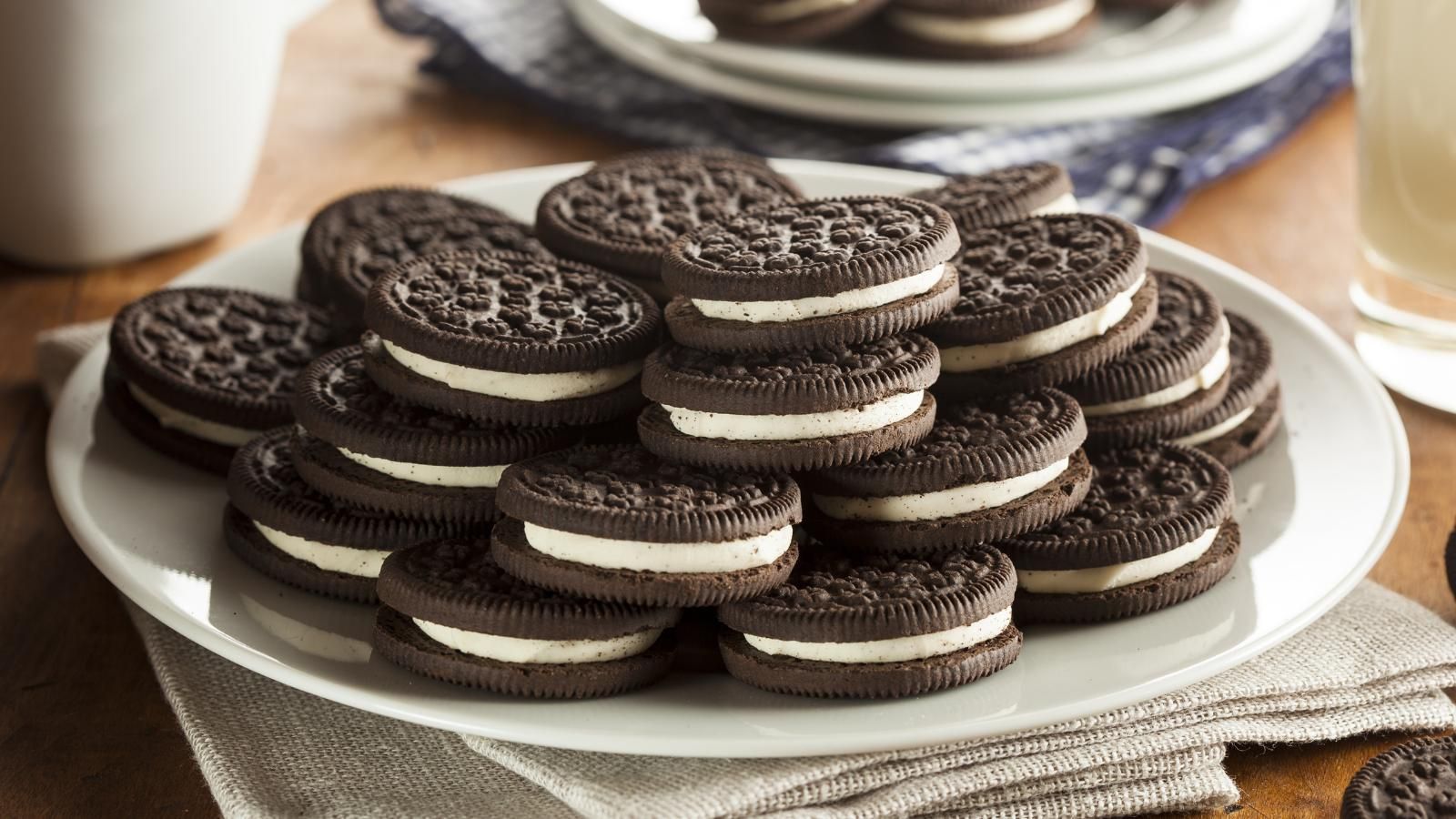 Pin
PinThe strict restrictions of the keto diet can make it challenging to sustain over a long period of time. This can lead to “yo-yo” dieting or weight cycling, which has been linked to negative impacts on overall health and well-being.
Additionally, it may be difficult to maintain important social connections and activities that revolve around food while strictly following the keto diet.
To make the keto diet more sustainable, incorporating occasional “cheat” meals or allowing for small indulgences can help prevent feelings of deprivation. It is also important to focus on overall health and well-being rather than solely on weight loss.
Increased Risk of Heart Disease
 Pin
PinWhile the keto diet may lead to fast weight loss, it relies heavily on fats for energy, necessitating an intake of a large proportion of saturated fats, such as butter, fatty cuts of meat, and cheese. High consumption of these fats can lead to an increase in ‘bad’ LDL cholesterol levels, which raises the risk of heart disease over time. Even though the diet incorporates heart-healthy fats as well, the high intake of saturated fats may outweigh these benefits. It is essential to balance your diet with unsaturated fats from foods like avocados and nuts and consult a dietitian or a healthcare provider before commencing the diet.
Liver Damage
 Pin
PinThe ketogenic diet places a significant load on the liver due to the high intake of fats. Over time, this might contribute to non-alcoholic fatty liver disease (NAFLD), a condition characterized by an excess fat build-up in the liver. This may lead to inflammation, liver damage, and potentially even liver failure. People with a pre-existing liver condition should approach the ketogenic diet with caution and under the supervision of a healthcare provider. It’s also crucial to balance the high-fat intake with plenty of greens, lean proteins, and lower-fat dairy products.
Potential for Disordered Eating Habits
 Pin
PinThe strict rules of the keto diet may potentially lead to disordered eating habits for some individuals. The focus on limiting certain food groups and strict tracking of macronutrients can create a mindset of restriction and control.
It is important to be aware of any negative thoughts or behaviors around food while following the keto diet. Seeking support from a healthcare professional or registered dietitian can also help prevent the development of disordered eating patterns.
Conclusion
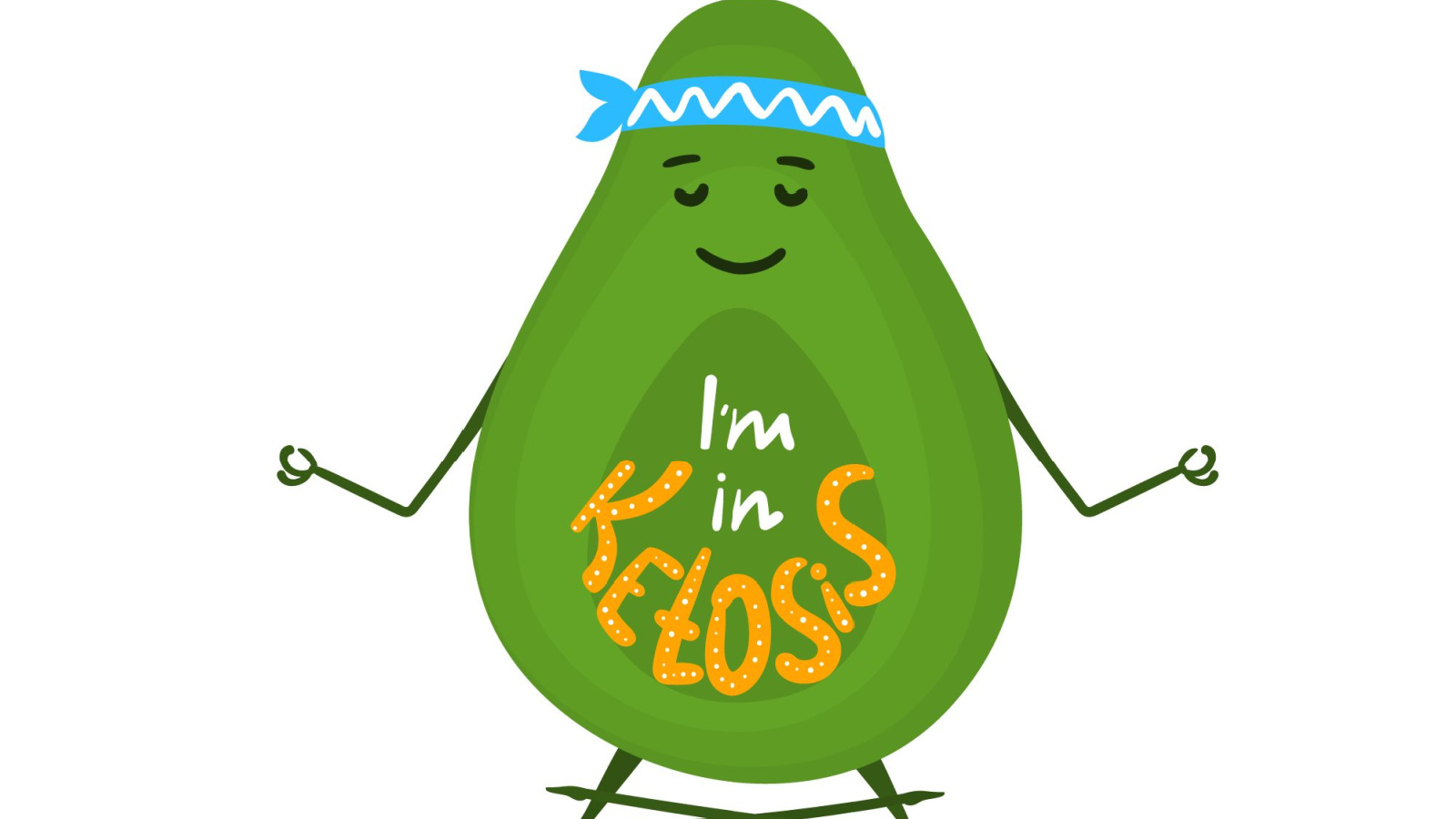 Pin
PinWhile the keto diet has gained popularity in recent years due to its potential weight loss benefits and other reported health benefits, it is important to be aware of the potential risks that come with following such a restrictive way of eating.
While the risks may seem daunting, they can be mitigated with proper knowledge, support, and a balanced approach to the diet. It is also important to consult with a healthcare professional before starting any new diet or significantly changing your current eating habits.
Ultimately, the decision to go keto should not be taken lightly and should involve careful consideration of all factors involved. With proper precautions and a mindful approach, you can potentially reap the benefits of this popular eating method while minimizing potential risks. Remember to prioritize your overall health and well-being above temporary weight loss goals. So, if you do decide to give the keto diet a try, listen to your body’s needs and make adjustments as necessary for optimal results. Here’s to a happy and healthy keto journey! Stay informed, mindful, and healthy on your journey towards a better you!
How to Conquer Your Sugar Addiction
 Pin
PinWe all know that sugar is an addiction, and it’s also really bad for you. Here is how to conquer your sugar addiction once and for all, in 4 simple tips.
14 Healthy Snacks For Weight Loss
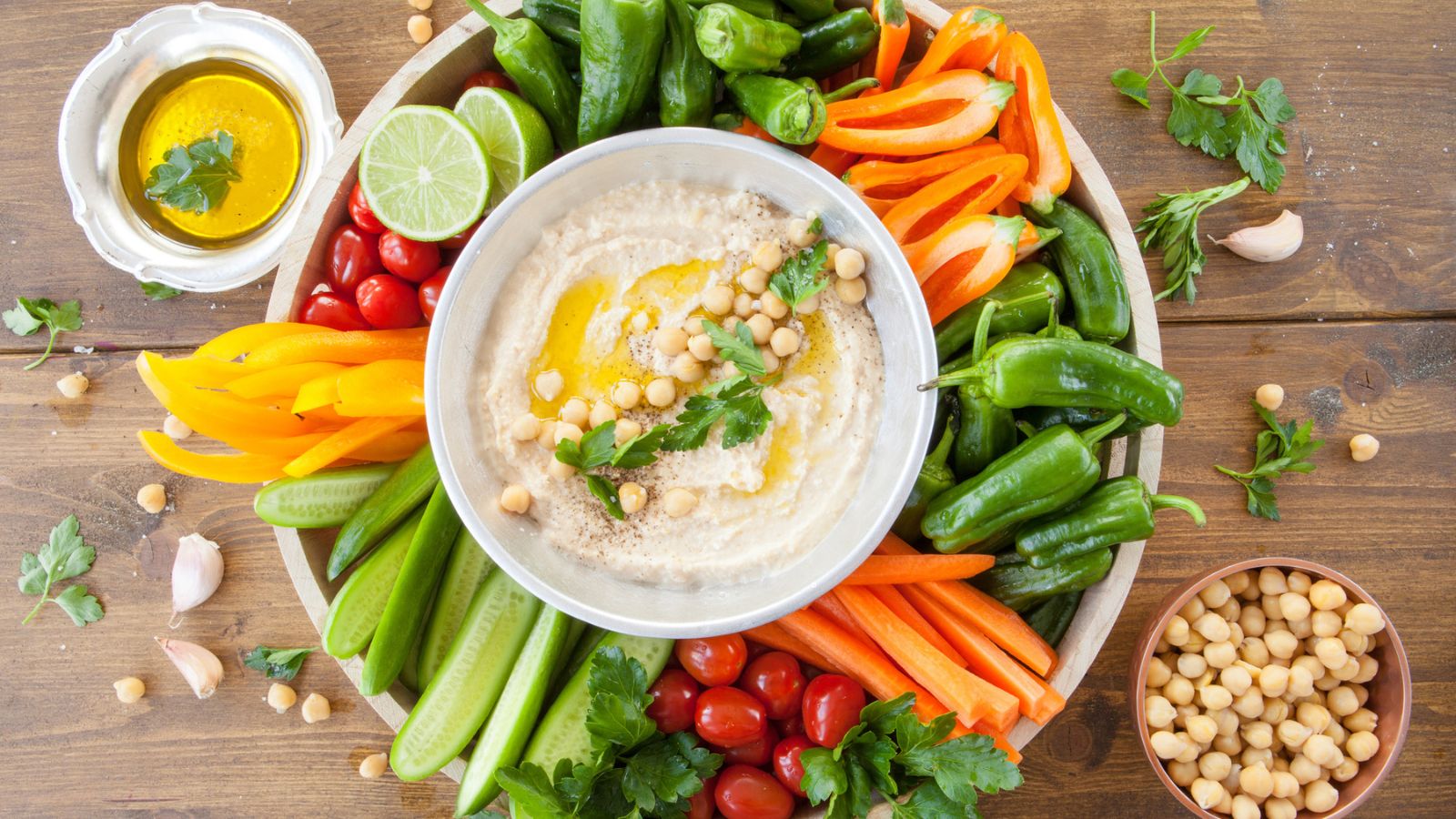 Pin
PinIt’s no secret that sometimes we all want midday snacks or even after-dinner snacks, but what are healthy snacks on keto? Here are 14.
Keto For Women Over 50 – What You Need to Know
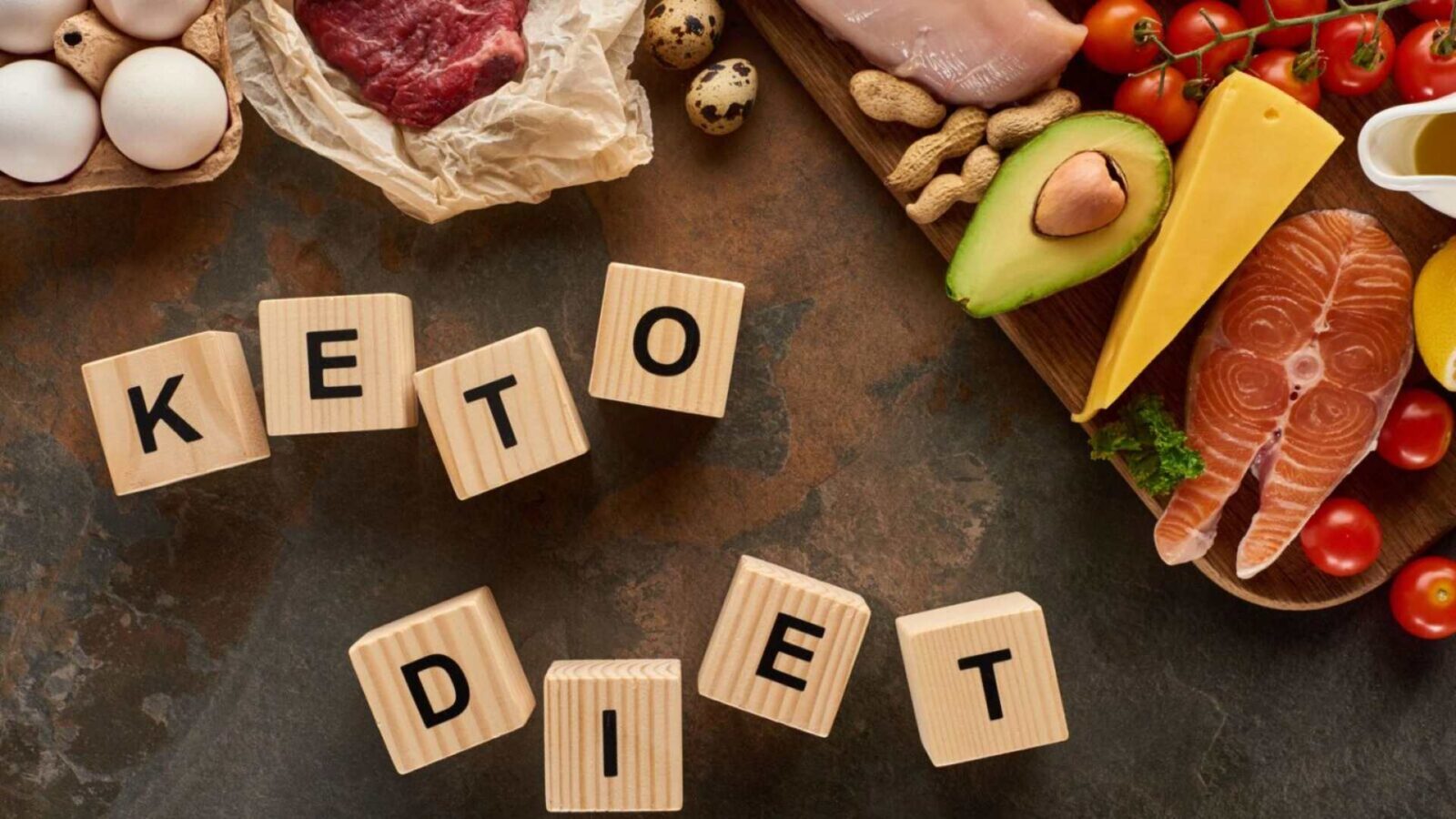 Pin
PinIs the keto diet safe for women over 50? Here are a few things you should know before starting keto.
10 Healthy Air Fryer Recipes You Need to Try
 Pin
PinIf you’re not sure what you can do with your air fryer or running out of ideas, here are some great recipes.
Lupin Flour – A Great and Healthy Alternative to Flour
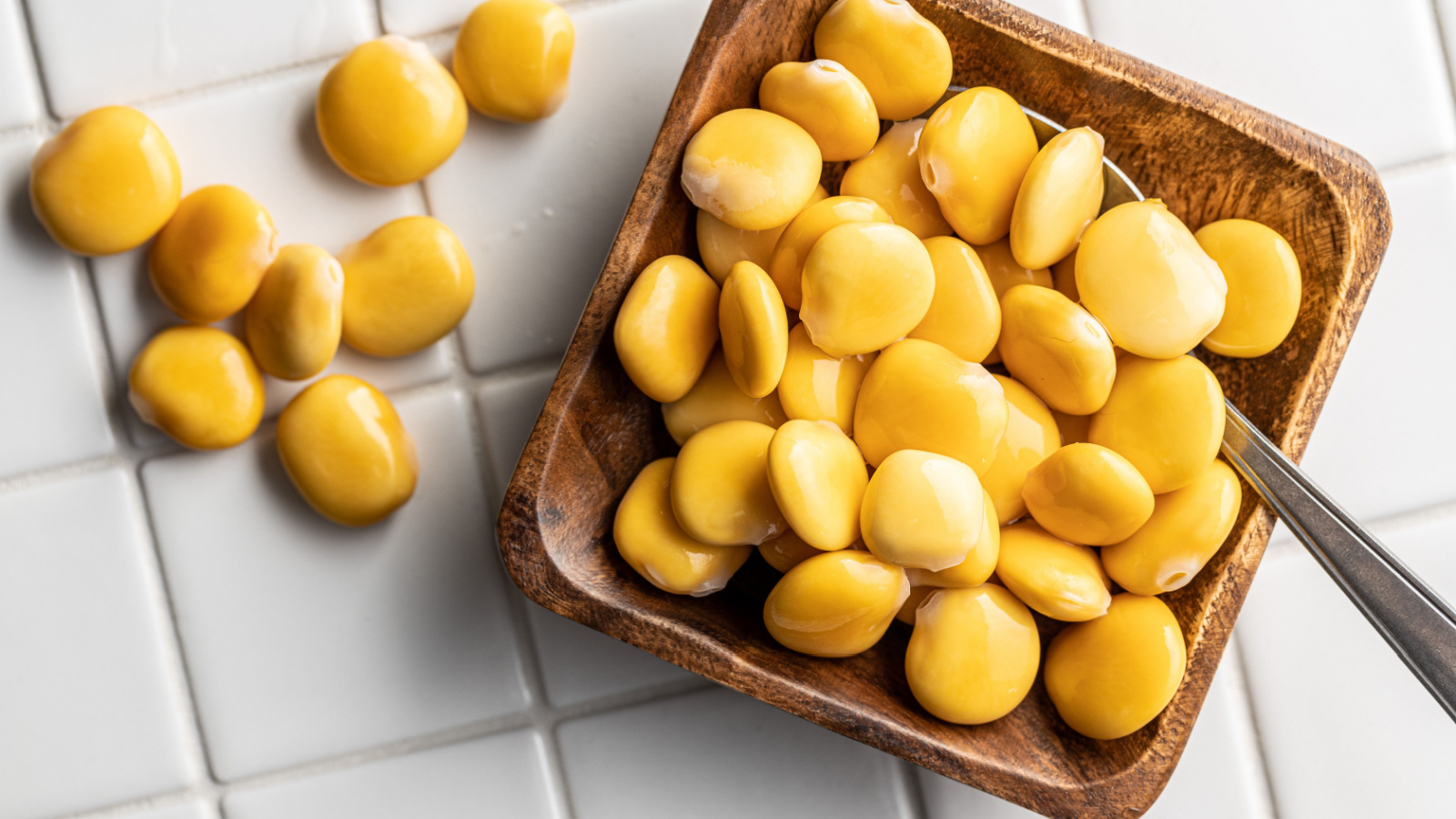 Pin
PinLupin flour is a fantastic alternative to wheat or white flour. You can use this flour to make everything from bread to pancakes and so much more. Find out more about it.





